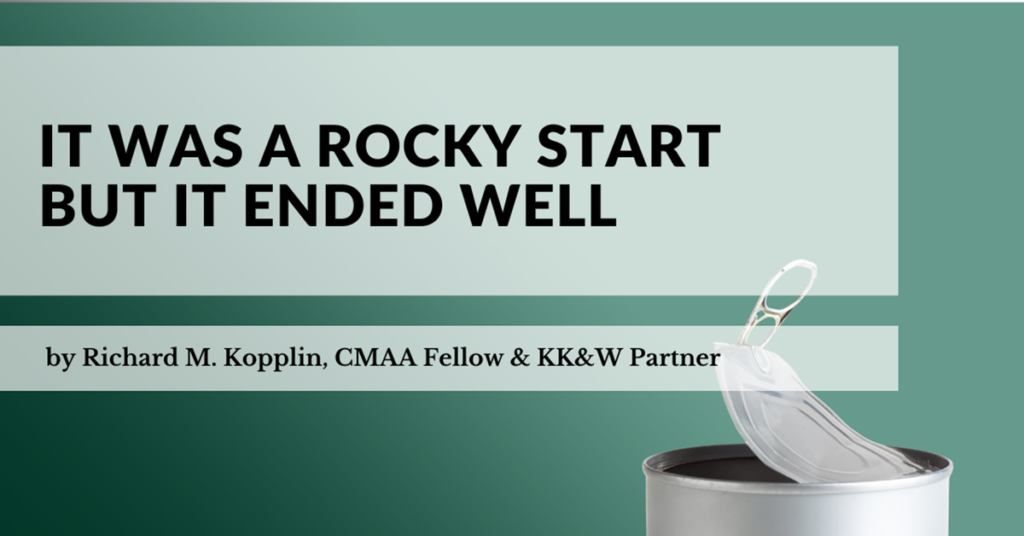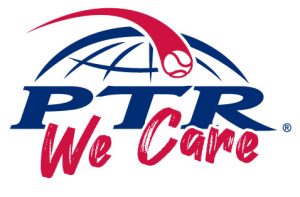Legend has it that trouble often comes when you least expect it. And that’s what happened at our annual meeting, where the new slate of board members was elected.
Our board members were selected the old-fashioned way: They ran for their positions against two or often three other candidates for each open seat on the board. Thankfully those days are past, and the majority of clubs now select their leaders through a nominated slate of qualified club members.
Earl, known in the club as a “problematic” member, was surprisingly elected the new club treasurer even though most current board members favored the other candidate. I was also disappointed since I thought the other candidate would have been much easier to work with.
My concerns became a reality when the day after the annual meeting election, Earl walked into my office at 8 a.m. Upon closing the door, he said that since he was the new club treasurer, there would be some immediate changes in our operations.
He told me that he wanted all bank statements mailed directly to his office and not to the club. He also said he was directing me to freeze employee increases or promotions. And he also wanted to see the past annual written reviews I had given all of our department managers. Somewhat in a state of shock, I asked Earl to sit down and immediately called our club president, who happened to live a few blocks from the club. Since he was still at home, I asked him to come to the club to address a rather urgent situation that had developed with Earl and me. He said he was on the way.
Ray, our club president, arrived within 10 minutes, and I briefed him on Earl’s directives to me as Earl listened. Ray then turned to him and said, “Earl, none of that is going to happen. You need to understand that you are a part-time volunteer and Dick is our full-time general manager who directs all day-to-day operations. As treasurer, you are certainly welcome to make recommendations to the board, but you will not involve yourself in operational issues. Understood?”
I could tell that Earl was a little miffed as he left my office, and Ray then gave me some good advice. He said that Earl would be the club treasurer for the next two years. Following that, he would serve as vice president for two years before assuming the role of president for two years. Ray counseled me to educate Earl on how his role as treasurer could benefit the club by tapping into his vast business expertise. “Dick, if you get to know what makes him tick, I know you can turn him into a supporter of yours rather than a detractor.”
I took Ray’s advice to heart and started the following week by calling Earl and asking to meet him at his office. He said he would be happy to meet. He was going to be at the club later in the day, and we could meet after he played golf. I told him it was important for me to meet him at his office and not at the club.
As I sat down in his office, I asked him what I call the “can opener question.” I said, “Earl now that you are the new club treasurer, I was wondering how I might improve my communications with you?”
He sat back, paused for a moment and then began to tell me a few of the issues that had been bothering him at the club. That was exactly what I needed to know. All relatively minor yet important to him and his wife, and easy to resolve.
I then noticed his Notre Dame diploma hanging on his office wall. My brother-in-law graduated from Notre Dame so we immediately started talking about their storied football program.
Earl then said, “Let me show you around our little company.” As we walked the floor through his rather impressive printing and graphics business, he introduced me to every employee along the way. It was obvious they respected and genuinely enjoyed working with him. That was the “soft side” to Earl I had never seen.
Our relationship improved dramatically after that meeting. I assisted Earl in his role as treasurer, and he relished the spotlight as we had a couple of very good years financially during his tenure. He was a great vice president and became one of the best presidents I ever worked with. After I left the club, he continued to reach out to me every so often to see how I was doing.
What I learned from my experience with Earl is that if you take a proactive role in finding out what makes your critics “tick,” as Ray suggested, you can often turn a rocky start into a positive, productive relationship. This much I know for sure.








